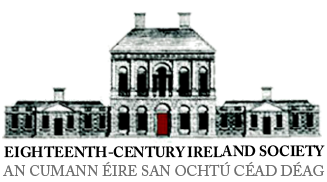Type: Article
Kelly, James. ‘The Abduction of Women of Fortune in Eighteenth-Century Ireland’, Eighteenth-century Ireland/Iris an dá chultúr, Vol. 9 (1994), Pp 7-43..
The abduction of women of fortune, which took place at least intermittently between the fifth and the nineteenth centuries in Ireland, was particularly prevalent in the eighteenth century. Stiff penalties were introduced against both the abductors and the Catholic priests found guilty of performing marriage ceremonies involving a protestant woman. Kelly provides detailed accounts of several notorious cases of female abduction during the period and analyses various possible explanations for the motivation of men to abduct women, often violently, and force them to concede to marriage. While the abductors were usually catholic men of the lower gentry and the victims were generally young, protestant women of fortune, Kelly disregards Anthony Froudes theory that the abductions were purely a form of sectarian warfare. Kelly contends that the history of female abduction in Ireland shows that it occurred out of the desire or necessity for wealth and status, as well as being a result of the established patriarchal order, which forced women into subordination in all facets of life. Abduction in the seventeenth and eighteenth centuries was not without its religious and political dimensions, but it can be better explained by reference to the economic imperatives of status and the long tradition of male violence against women.
